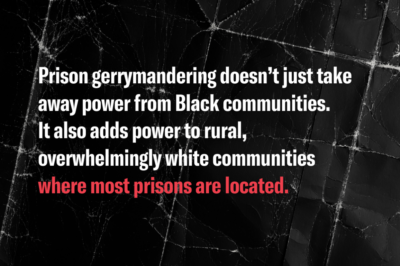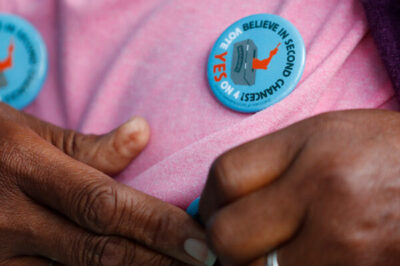Florida’s Clemency Board Approves Secret Plan To Further Restrict Voting Rights In State With Troubled Voting History
Move Will Take Away Fundamental Rights Of Hundreds Of Thousands And Harm Communities
FOR IMMEDIATE RELEASE
CONTACT: (212) 549-2666; media@aclu.org
TALLAHASSEE, FL – The Florida Board of Executive Clemency voted today to change its rules to require Floridians with past felony convictions to endure harsh mandatory waiting periods of up to seven years before being eligible to apply to have their civil rights, including their right to vote, reinstated. The unanimously approved change of clemency rules will potentially affect more than a million voters in Florida, a state which already has a troubling history of voter disenfranchisement. The new plan stands to harm communities where people with past criminal convictions are attempting to reenter society.
The board did not make the proposal public until today’s hearing – providing copies of the 24-page plan to speakers and members of the media within minutes of the vote. The board voted unanimously to approve the plan even though some members publicly admitted they had not yet reviewed it.
“This change will impact hundreds of thousands of Floridians and is a weak attempt to rationalize an eagerness to deprive people of the fundamental right to vote,” said Howard Simon, Executive Director of the American Civil Liberties Union of Florida, who met with Florida Attorney General Pam Bondi last week to express concerns about her proposal. “Just as troubling as what they did is how they did it – in secret, without advice or debate and with unseemly haste. That’s the opposite of open and thoughtful government and the inability to explain why the change was necessary suggests politics disguised as public policy.”
The board’s plan returns Florida to a small group of states that permanently bar people with past criminal convictions from voting for life unless they seek and receive individual pardons from the governor. The changes approved today will delay even the application for reinstatement of rights for Floridians convicted of non-violent, first-time offenses who were eligible for “automatic” restoration of rights under reforms approved by the board in 2007. In practice, however, “automatic” restoration still took months and sometimes years.The changes approved today will delay even the application for reinstatement of rights for Floridians convicted of non-violent, first-time offenses who were eligible for “automatic” restoration of rights under reforms approved by the board in 2007. In practice, however, “automatic” restoration still took months and sometimes years.
“This plan will not only affect people with past criminal convictions, but every Floridian stands to be impacted. It is critical to support individuals who are trying to reintegrate into society and participate in their communities,” said Laughlin McDonald, Director of the ACLU Voting Rights Project.
Research has shown that restoring the right to vote to people exiting the criminal justice system significantly reduces recidivism, strengthens public safety and helps build a healthier democracy and stronger communities.
The Florida Board of Executive Clemency is composed of the Governor and elected three member Florida Cabinet (Attorney General, Chief Financial Officer and Commissioner of Agriculture and Consumer Services).
Stay Informed
Every month, you'll receive regular roundups of the most important civil rights and civil liberties developments. Remember: a well-informed citizenry is the best defense against tyranny.



